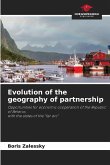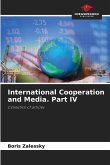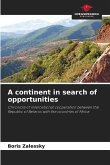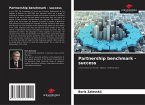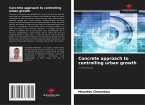The Republic of Belarus envisages a significant strengthening of the policy of rational import substitution for the next five years, taking into account the production of new high-tech and export-oriented goods. In April 2022, the Belarusian government adopted a comprehensive plan to support the economy, which contains five blocks of measures, the implementation of which will contribute to the normal operation of exporters. Production cooperation and production of import-substituting products will receive additional incentives. Under these conditions, regions, industries and specific companies are already developing a common vision of what has to be done, what steps have to be taken to prevent loss of efficiency in today's difficult conditions and to make the most of investment, innovation, manufacturing and export potential in order to promote sustainable and dynamic development of the Republic of Belarus. What opportunities are offered by the policy of international economic cooperation pursued by Belarus in the post-Soviet space, as well as in the countries of the far arc - the Asian and African continents? Answers to these and a number of other questions can be found in the proposed study.
Bitte wählen Sie Ihr Anliegen aus.
Rechnungen
Retourenschein anfordern
Bestellstatus
Storno




